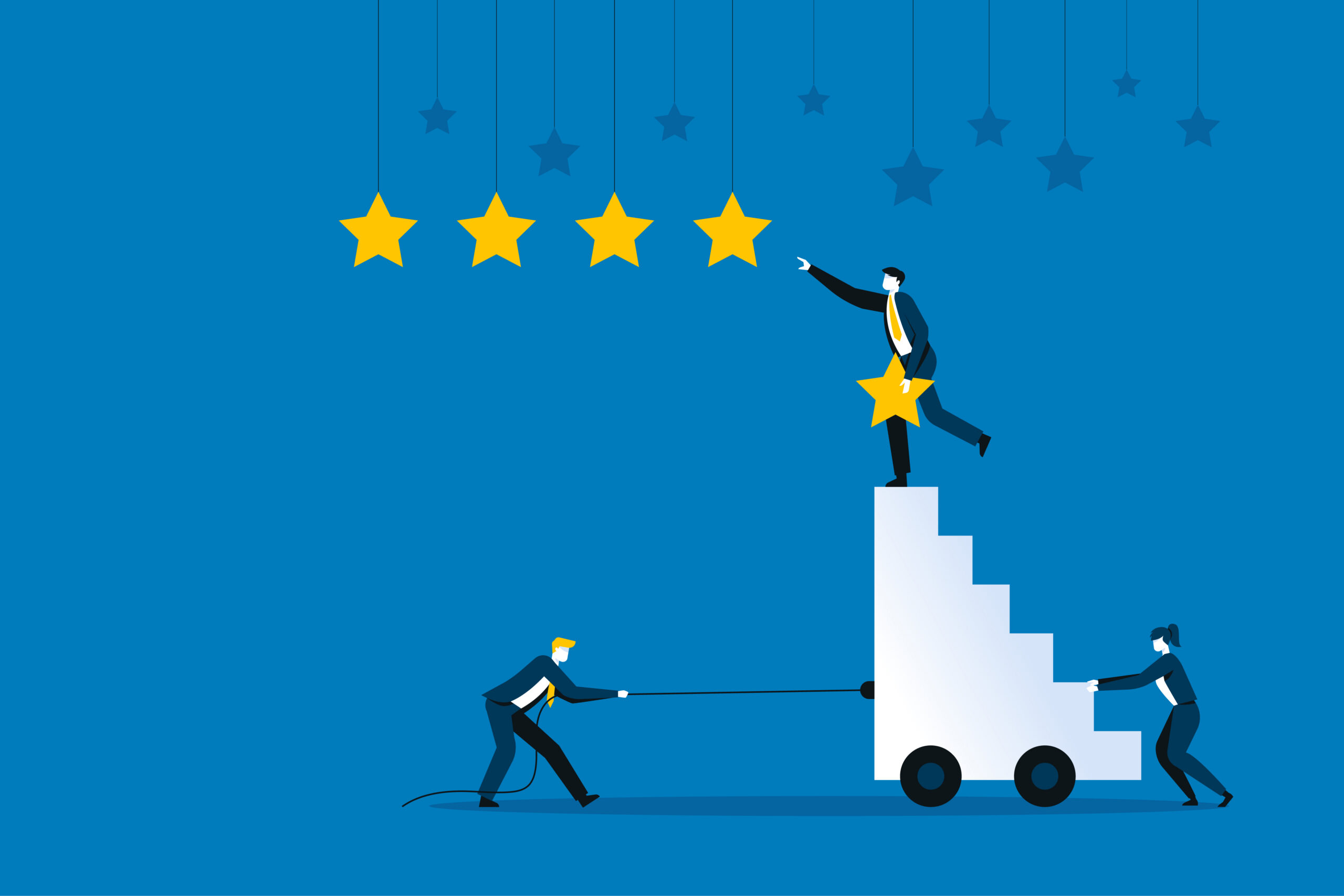Introduction
In the digital age, a brand’s reputation can be its greatest asset — or its biggest challenge. Every review, comment, and online mention contributes to how a company is perceived by its audience. That’s where an expert ORM agency like Aiplex ORM steps in. As India’s most trusted online reputation management firm, Aiplex helps individuals, brands, and enterprises monitor, manage, and improve their digital presence with precision and strategy.
Online reputation is more than just what appears on search engines — it shapes consumer trust, influences buying decisions, and impacts long-term brand value. This blog will explore why online reputation management is essential, how an ORM agency like Aiplex operates, and why businesses across India rely on their expertise to maintain credibility and control over their digital narrative. Visit Aiplex ORM to discover customized solutions that protect and enhance your brand reputation.
Things to Know Before Choosing an ORM Agency
Before partnering with any ORM agency, it’s crucial to understand what ORM actually entails, what services you should expect, and how to identify the right agency for your brand.
1. What Is Online Reputation Management (ORM)?
Online Reputation Management (ORM) involves monitoring, analyzing, and influencing the way your brand is perceived across the internet. From social media to news articles and customer reviews, ORM covers every touchpoint that affects public opinion.
An experienced ORM agency like Aiplex ORM uses strategic methods to ensure your brand’s image remains positive, authentic, and aligned with your values. Their team tracks mentions, mitigates negative publicity, and promotes positive visibility across digital platforms.
2. Why ORM Is Essential for Modern Businesses
In today’s hyper-connected world, potential customers research brands before engaging with them. Even one negative review or misleading post can damage trust and drive business away. ORM helps businesses take control of their online presence, ensuring that what people read reflects reality.
Aiplex ORM focuses on proactive reputation management — building resilience against negative trends while highlighting your brand’s strengths. This not only protects your brand but also boosts credibility in competitive markets.
3. How ORM Differs from Digital Marketing
While digital marketing promotes visibility, ORM focuses on perception. A digital campaign can drive traffic, but without a positive reputation, conversions may falter. ORM works hand-in-hand with marketing by ensuring that all online engagements contribute to a strong, trustworthy image.
An expert ORM agency like Aiplex ORM bridges the gap between brand communication and audience trust, ensuring that every digital touchpoint reinforces credibility and professionalism.
4. The Role of Technology in ORM
Modern ORM relies heavily on technology — from AI-based sentiment analysis to automated tracking tools. Aiplex ORM integrates advanced analytics to monitor mentions across search engines, social platforms, and forums, offering real-time insights.
This data-driven approach allows brands to respond quickly to potential crises and manage online perceptions efficiently. Aiplex’s proprietary technology suite gives clients a competitive edge in understanding public sentiment and shaping their reputation proactively.
5. Choosing the Right ORM Partner
Not all ORM agencies deliver the same level of expertise. When selecting a partner, look for proven experience, transparency, and measurable results. The right agency should offer a tailored strategy rather than a one-size-fits-all approach.
Aiplex ORM stands out for its Pan-India presence, diverse industry experience, and track record of helping clients restore, protect, and enhance their online image. Their personalized approach ensures that each client receives a plan customized to their specific reputation goals.
How Aiplex ORM Delivers Comprehensive Reputation Management
1. Brand Monitoring and Analysis
Aiplex ORM continuously monitors your brand’s online footprint using advanced tracking tools and analytics. Every mention — whether on social media, blogs, or review sites — is analyzed to gauge sentiment and identify potential risks.
Their expert analysts transform data into actionable insights, helping clients understand public perception trends. This proactive monitoring ensures that emerging issues are addressed before they escalate.
2. Negative Content Mitigation
Negative reviews, misleading news, or defamatory posts can harm brand credibility. Aiplex ORM uses ethical and strategic techniques to suppress or remove harmful content while promoting positive material.
Their ORM specialists work within digital compliance standards to ensure that your brand’s online landscape remains clean, trustworthy, and aligned with its values. This approach fosters long-term stability and reputation growth.
3. Search Engine Optimization for ORM
Search engines play a critical role in shaping brand perception. Aiplex ORM uses targeted SEO techniques to ensure positive and verified content ranks higher than negative or misleading material.
This strategy helps brands dominate search results with favorable narratives, driving public attention toward authentic and credible sources. Aiplex’s ORM-SEO integration is one of its strongest differentiators in the industry.
4. Review and Feedback Management
Reviews significantly influence consumer behavior. A single negative comment can impact purchasing decisions, while positive reviews can build strong customer loyalty. Aiplex ORM helps brands manage online reviews across platforms like Google, Yelp, and industry-specific forums.
They respond to negative feedback with professionalism and encourage genuine customer testimonials that reflect your brand’s strengths. This transparent and respectful engagement builds lasting trust.
5. Crisis Management and Recovery
Every brand may face unexpected crises — a viral complaint, a public relations issue, or sudden misinformation. Aiplex ORM specializes in crisis response, providing rapid support to control the narrative.
Their team designs immediate and long-term recovery plans, ensuring that your brand emerges stronger and more credible after any setback. With round-the-clock support, Aiplex ensures reputation resilience even in the toughest digital storms.
Why Aiplex ORM Is India’s Most Trusted ORM Agency
Aiplex ORM’s success lies in its commitment to innovation, ethics, and measurable results. With over a decade of experience serving clients across industries — from startups to global corporations — Aiplex has become synonymous with excellence in reputation management.
Their Pan-India presence ensures local understanding with global standards, making them a preferred ORM agency for businesses across metros and emerging markets. Transparency, technology, and trust form the pillars of their service philosophy.
Clients appreciate Aiplex’s clear reporting, consistent communication, and proven ability to deliver real results. Whether it’s improving online sentiment, boosting credibility, or repairing damaged reputation, their holistic approach ensures sustainable growth.
Conclusion
In an era where digital perception equals brand identity, partnering with a reliable ORM agency is no longer optional — it’s essential. Aiplex ORM stands at the forefront of reputation management in India, helping brands control their narrative, enhance visibility, and build lasting trust.
With a unique blend of technology, expertise, and strategy, Aiplex ensures that your digital reputation reflects your true value. Visit Aiplex ORM today to learn how their tailored ORM solutions can protect, strengthen, and elevate your brand’s online presence across India.








